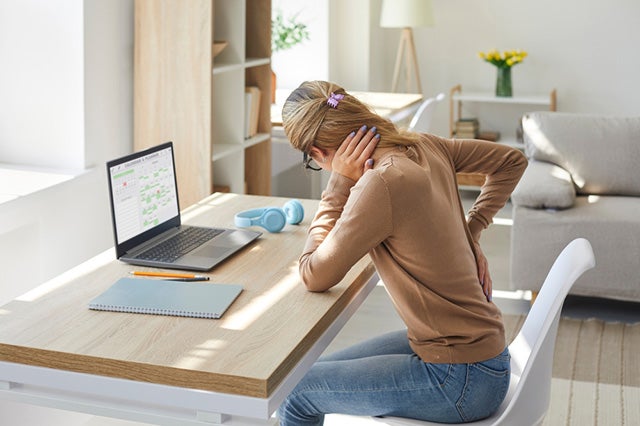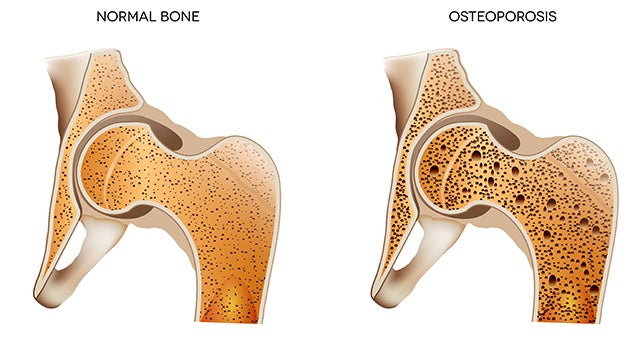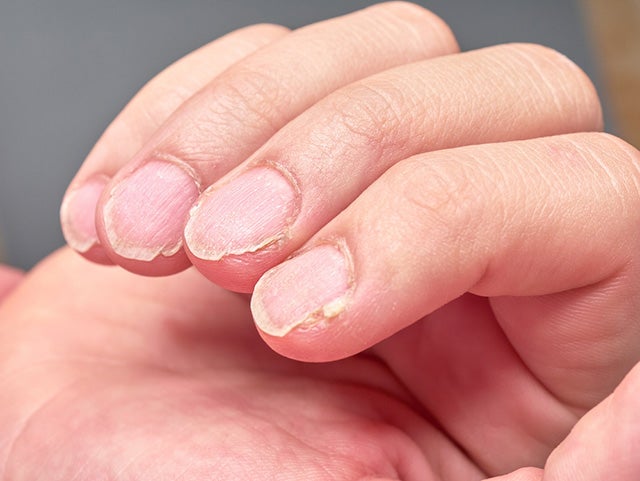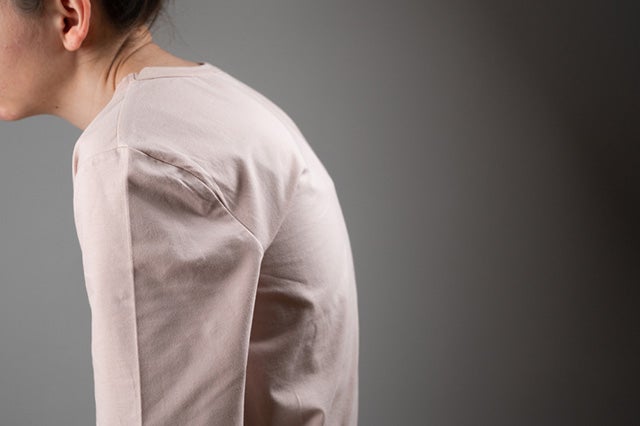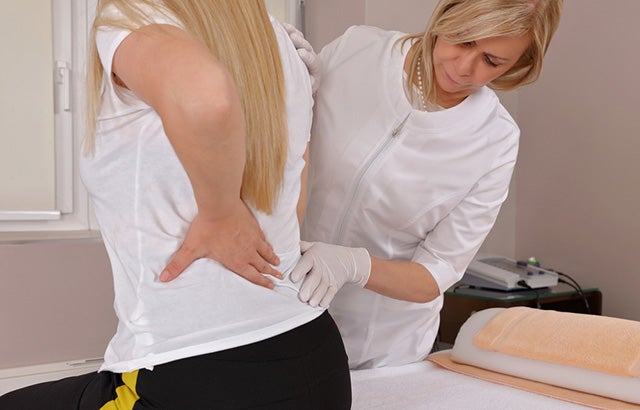Have you ever heard of fragile’s bone diseases? Osteoporosis is a condition that can affect both men and women but it’s prevalent in menopausal women because of the many hormonal changes that occur in this stage. Osteoporosis is a condition that can rarely be spotted in its early stages unless you perform an examination specifically for it.
Today, we’re looking at the relationship between osteoporosis and fatigue to answer an important question: does osteoporosis make you feel tired?
What Is Osteoporosis?
Osteoporosis is a condition that affects a person’s bones and causes them to become brittle and weak. That means that even something as trivial as coughing could cause a fracture. These fractures are often found in the spine, hips, and wrists.
Your bones are living tissue that is continually being replaced as it is degraded and remodeled. Osteoporosis develops when the body’s ability to produce new bone is inadequate in comparison to the bone that is being lost.
At least 80 percent, if not all, of the estimated 10 million people in the United States who suffer from osteoporosis are women. It is believed by specialists that this is because women’s bones are typically thinner and less dense than those of males.
The fact that women’s bodies experience a lot of hormonal changes after menopause also contributes to speedy bone mass loss.
You may want to read: Sleep Tip Guide to Bedding and Mattresses for Osteoporosis
Symptoms of Osteoporosis
The best way to stop osteoporosis in its tracks is to be on the lookout for symptoms. Sadly, most people don’t catch osteoporosis before it does too much damage. It’s very rare to detect osteoporosis in its early stages. Some of these symptoms include:
- Receding gums that are a consequence of the jaw losing bone. A dentist can usually spot this during an examination.
- Brittle fingernails could also signal osteoporosis. Bear in mind that extreme temperatures, long water submersions, or using too much polish remover can also weaken the nails.
- Weaker grip strength that’s a consequence of low bone mineral density.
Sadly, osteoporosis doesn’t show a lot of early signs. That means you should be on the lookout for symptoms of later-stage osteoporosis. These include:
- Bones that fracture easily. Even the slightest fall can cause a major bone fracture. There have been cases of bones fracture due to sneezing/coughing in people who suffer from osteoporosis.
- Height loss. This symptom is caused by spinal compression fractures and it’s one of the most common signs of osteoporosis.
- Pain in the neck and back. This is also a consequence of spinal compression fracture.
- Stooped posture. Happens when the vertebrae are compressed and eventually leads to curving of the upper back.
If you want to prevent osteoporosis, here are a couple of tips:
- Eat healthy foods, especially those rich in calcium and vitamin D.
- Exercise regularly to manage bone strength for as long as possible.
- Reduce alcohol consumption and give up smoking.
Does Osteoporosis Make You Tired?
There is a high chance that the fatigue you’re experiencing when you have osteoporosis is related to the medication that’s part of the treatment. It could also be that your body lacks vitamin D.
Some of the meds prescribed to improve bone health and density can have sleep disturbances listed among their side effects. This can naturally lead to fatigue.
Fatigue can also be a consequence of osteoporosis in a more indirect fashion. For example, since this condition causes neck and back pain, this could decrease sleep quality which eventually leads to the patient feeling more tired.
A potential fracture that causes the body to feel weaker can also lead to fatigue. But, often, it’s a consequence of osteoporosis medication.
There are not always direct side effects. For example, some medication can cause you to go to the bathroom a lot during the night, which makes it difficult to fall back asleep and make you feel tired the next day.
How to Deal with Osteoporosis Making Your Tired
Since osteoporosis doesn’t cause fatigue as a direct side effect, you need to consider what exactly is the cause of your tiredness. For example, if you’re feeling tired because of your osteoporosis treatment, you have to talk to your doctor and see how they can help you manage this problem (i.e. prescribe a different medication that doesn’t keep you up at night).
Consider that, in many cases, osteoporosis comes at an elderly stage. Because of it, you are tempted to stay in bed or move around as little as possible. However, leading a sedentary lifestyle can also cause fatigue.
So, talk to your doctor about what exercises you can incorporate into your routine. You don’t have to run a marathon, just make sure that sitting around doesn’t contribute to excessive tiredness.
The Wrap Up
While there is no direct correlation between osteoporosis and fatigue, many of the meds prescribed for this condition can make you feel tired one way or another. Some of them contribute to sleep disruptions, which could lead to excessive daytime tiredness. One thing that can make your life with this disease better is a bed rated for osteoporosis.
Photo credit: Tefi/Shutterstock; NOVODIASTOCK/Shutterstock;
Africa Studio/Shutterstock; Tatjana Baibakova/Shutterstock;
KAY4YK/Shutterstock; Albina Gavrilovic/Shutterstock;
Studio Romantic/Shutterstock
